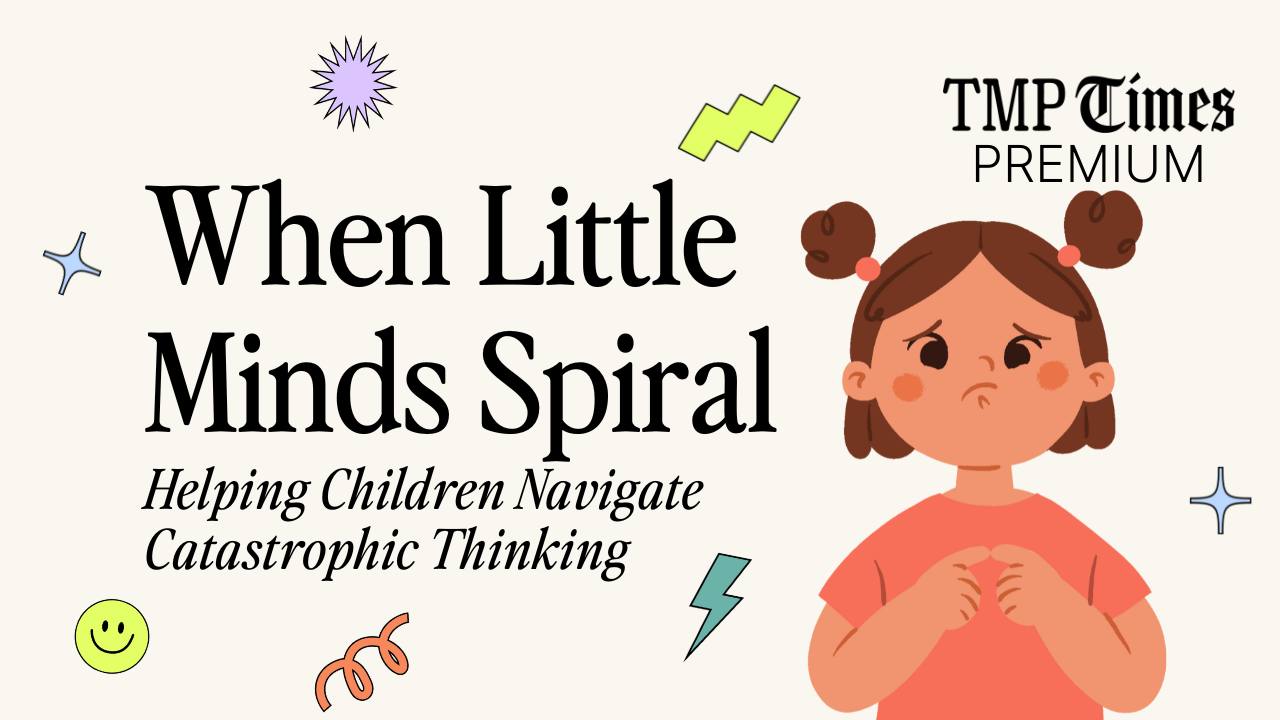Discipline That Makes Sense: Your Guide to Logical Consequences


As parents, we've all been there – caught in a moment of frustration, struggling to address our child's behavior effectively. Today, I want to share a personal story and introduce you to a powerful parenting tool: logical consequences.
Picture this: We're stuck in a long drive-through line, my daughters (ages 6 and 7) in the back seat, and a whining toddler adding to the chaos. Suddenly, I hear, "Can you give that back? Can you give that back? Hey!!!" 😡
I turn to see my 6-year-old holding her sister's necklace.
Feeling overwhelmed and impatient, I rush to solve the problem. "You have two choices. I can help you or you can give it back."
I reach for the necklace, and in the struggle, it snaps. My oldest daughter starts crying, devastated about her broken necklace.
In my frustration, I blurt out, "No TV or iPad for you all weekend! This is unacceptable." 😣😳
We get through the drive-through line and end up having the best family outing. We went to an animal safari. It was wild, but I digress.
Back to the story…
Later at home, I realize my mistake. I call my 6-year-old into my office (lol my kids love any opportunity they can get to go inside my office) and say, "Remember what happened with the necklace? And how Mommy said you can't have TV or iPad all weekend? Well, I made a mistake. I said that because I was angry, and I should have taken time to think about it."
We brainstorm ideas together – making a new necklace, super gluing the broken one, giving her sister money to buy a new necklace, or giving her sister one of her necklaces. Ultimately, she decides to help super glue it and see if that works.
This experience reminded me of something important:

Taking away screen time had nothing to do with the necklace incident and wouldn't help her sister feel better.
It was a pivotal moment in my parenting journey, highlighting the importance of thoughtful, logical consequences.

Why are logical consequences so important?

Now, let's dive into the practical aspects of implementing logical consequences, including key principles, step-by-step guides, mistakes to avoid, and real-life examples to help you navigate this approach effectively.
Key insights and principles:
Understanding and implementing logical consequences can transform your parenting approach.
Here are some key principles to keep in mind:
- Relatedness: Ideally, the consequence should be directly related to the misbehavior.
- Respectfulness: Implement consequences as calmly as possible. Try to avoid causing shame by focusing on the behavior (not your child's character). If you’re still upset, try to take time to cool down first. Remember, very few parenting moments are actual emergencies that need urgent consequences.
- Reasonableness: The consequence should be proportional to the misbehavior.
- Helpfulness: The goal is to teach, not to punish.

Here are some age-appropriate examples:
Ages 1-3:
- Throwing food: Mealtime ends
- Throwing rocks outside: Direct to throw rock in another (safer) area or move locations
- Battling over the same toy: The item being fought over is removed temporarily while you help them problem solve
Ages 4-5:
- Not wearing a helmet: Can't ride the bike/scooter
- Refusing to go to the swim lessons: Can’t get in the water (Swim is a life skill. I wouldn’t necessarily use this consequence for other sports or extracurriculars)
- Misusing art supplies: Art supplies are put away until you have time to discuss the behavior and agree on expectations
- Rough play with pets or siblings: Child must engage in gentler, supervised interactions to practice appropriate behavior.
Ages 6-7:
- Not completing homework: “Free time” like screen time is restricted until homework is done. Provide more support and assistance with homework (and acadenics in general).
- Refusing to brush teeth: No sweet treats, crackers, or juice the next day
- Fighting over TV show choices: Adult chooses a TV show or TV time is paused until they find a show they both agree on
A study published in the Journal of Family Psychology (2013) found that consistent use of logical consequences was associated with improved child behavior and reduced parental stress. Children whose parents used logical consequences showed better self-regulation skills compared to those whose parents used punitive methods.


Common mistakes to avoid:
While logical consequences can be highly effective, there are some common pitfalls to watch out for:
 When Little Minds Spiral - Helping Children Navigate Catastrophic Thinking
When Little Minds Spiral - Helping Children Navigate Catastrophic Thinking
 Sibling Rivalry - Turning Conflicts into Connections
Sibling Rivalry - Turning Conflicts into Connections
 Breaking the Cycle: How to Stop Repeating Phrases Your Parents Said (That You Swore You Never Would)
Breaking the Cycle: How to Stop Repeating Phrases Your Parents Said (That You Swore You Never Would)

